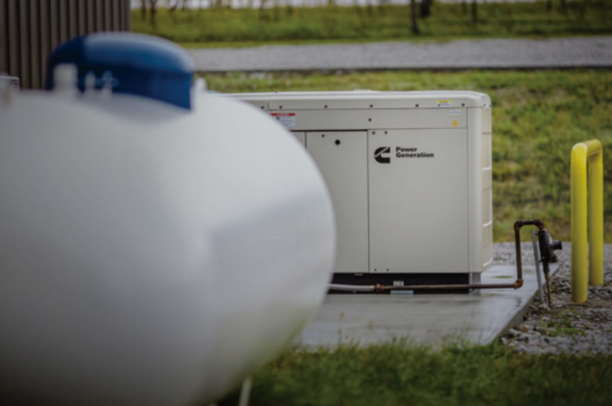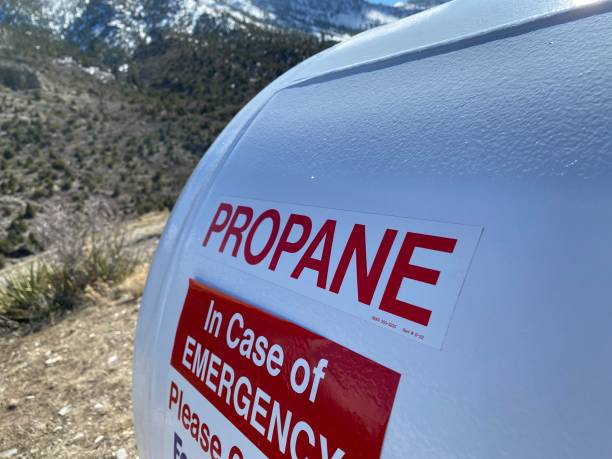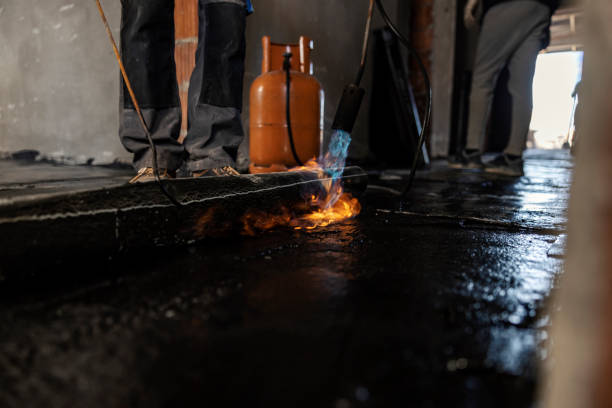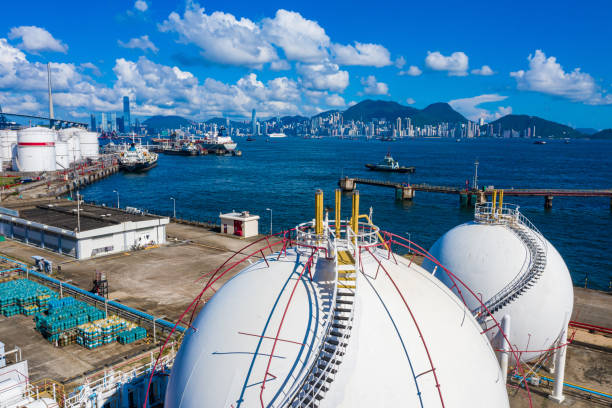Propane in Power: A Rising Energy Source
Propane, a versatile and clean-burning fuel, is now making significant inroads in the power generation sector. Here, we explore why this trend is gaining momentum and how it benefits both providers and consumers. Propane’s Role in Power Generation Propane is a readily available resource that offers several advantages for power generation, particularly in areas where… Continue reading Propane in Power: A Rising Energy Source







